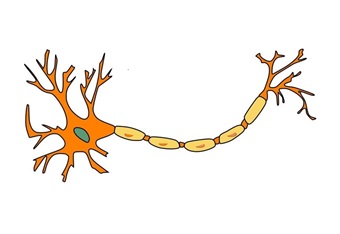Expanding on Dr. Fang Liu’s earlier work that identified a novel drug target for the treatment of MS, she and her team have now created a small molecule compound that is effective in two different animal models of MS. This represents a key advancement that brings this MS research closer to the clinic to impact patient care.
MS is a progressive neurological disease that currently has no cure. It is associated with a wide range of debilitating symptoms, including problems with coordination, cognition, muscle weakness and depression. For unknown reasons, it is more common in northern latitudes and more than twice as common in women.
It is known that MS damages myelin, a protective sheath that forms around nerves in the brain and spinal cord. As the myelin damage is triggered by inflammation in the immune system, up until now all current drug treatments for MS target the immune system.
In this study, CAMH Senior Scientist Dr. Fang Liu and her team treated MS in a completely different way—targeting the glutamate system. Study results showed that the newly synthesized lead compound not only reduced MS-like symptoms, it also may repair the damaged myelin in two different pre-clinical models of MS.

